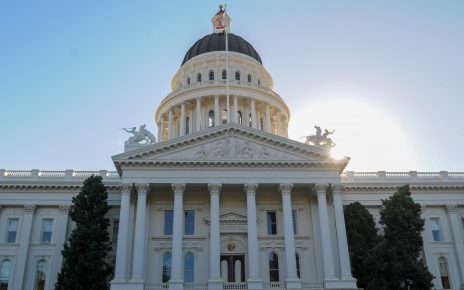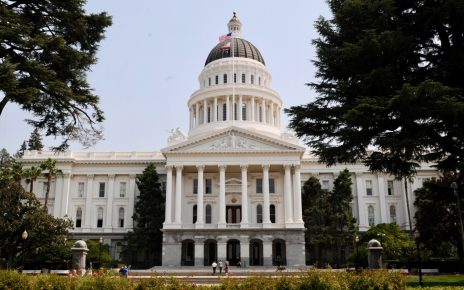California Courts and Urgency Clauses in Statutes
Urgency clause measures in the California Legislature are one of four types of bills that take effect immediately upon the Governor’s signature, rather than the standard January 1 following the bill’s enactment. So, how have the California courts interpreted bills...







